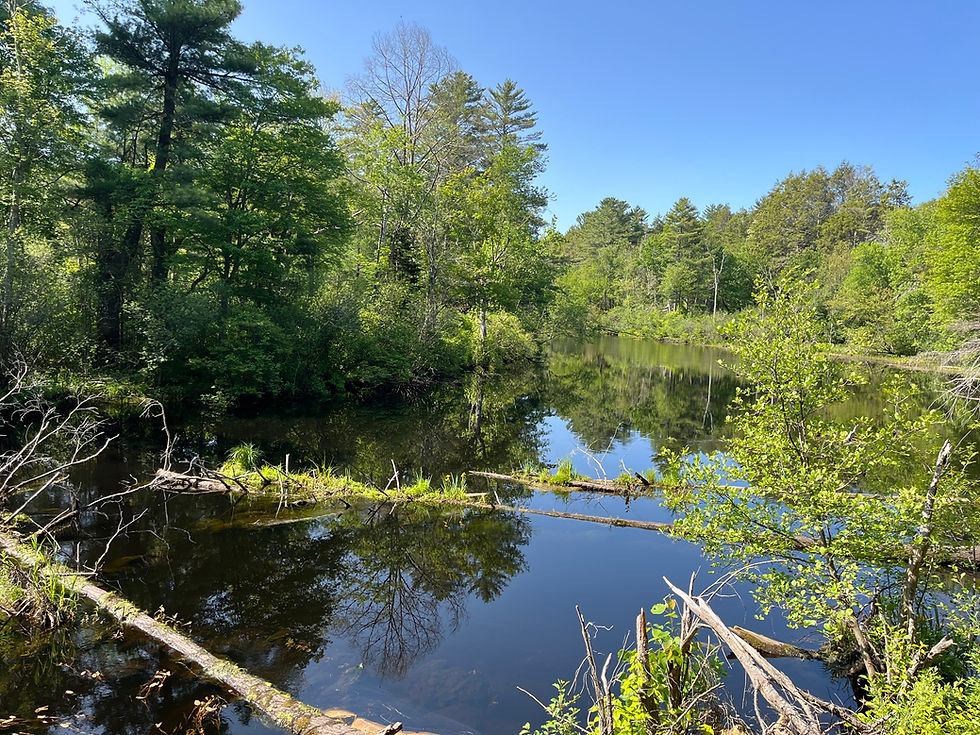Calls to Statehouse Needed Immediately
- Anna Renkert

- Mar 1, 2018
- 2 min read
Honorable Anne Gobi (D-Spencer), Chair of the Joint Committee on Environment, Natural Resources and Agriculture (617-722-1540)
Honorable William Pignatelli (D-Lenox), Chair of the Joint Committee on Environment, Natural Resources and Agriculture (617-722-2210)
Senator Michael Rush (D-West Roxbury) (617-722-1348)
Senator Jamie Eldridge (D-Acton) (617-722-1120)
Senator Julian Cyr (D-Truro) (617-722-1570)
Senator Ryan Fattman (R-Webster) (617-722-1420)
Representative John Velis (D-Westfield) (617-722-2877)
Representative Thomas Petrolati (D-Ludlow) (617-722-2255)
Representative Robert Koczera (D-New Bedford) (617-722-2582)
Representative Mary Keefe (D-Worcester) (617-722-2210)
Representative Christine Barber (D-Somerville) (617-722-2210)
Representative Dylan Fernandes (D-Falmouth) (617-722-2430)
Representative Jack Lewis (D-Framingham) (617-722-2460)
Representative RoseLee Vincent (D-Revere) (617-722-2210)
Representative Donald Berthiaume (R-Spencer) (617-722-2090)
Representative James Kelcourse (R-Amesbury) (617-722-2130)Below is a sample script for your phone calls: “Hello, my name is _____________ and I live in ______________, Massachusetts. I am calling to ask that Representative/Senator _____________ opposes House bill 2777, An Act to enable the Commonwealth’s administration of the Massachusetts Pollutant Discharge Elimination System. I am worried that this could hurt water quality in Massachusetts. The Massachusetts Department of Environmental Protection does not have the resources to take on this new program, and I think it should remain with the EPA. Thank you for your consideration.” [You can use the talking points below if you need them]. Additional talking points: We oppose Governor Baker’s proposal (H. 2777) to transfer primacy over the NPDES permitting process from the EPA to MassDEP because:
Could harm water quality. The majority of the environmental community is strongly opposed to this bill because it will provide no environmental benefit and could harm water quality. The people who want this change are hoping MassDEP will be more “flexible” than EPA, potentially allowing more pollutants into our rivers, streams, and coastal waters, and for longer periods of time.
Ill-prepared state agency. Due to a decade of budget cuts, MassDEP is underfunded, understaffed and they cannot take on a new expensive program.
Expensive program. This bill would delegate the water pollution permitting program (NPDES) from EPA to MassDEP, costing MA taxpayers an estimated additional $5-$10M/year.
Unsustainable funding. The EPA currently provides this program at no cost to the state. Because the administration is not proposing a dedicated source of funding for this new program, the state legislature would need to appropriate funding every year, leaving the program extremely vulnerable to future budget cuts.
Long term concerns. Delegation is permanent. The current federal administration in Washington is temporary, but NPDES primacy, once granted, is forever.
Problems elsewhere. Proponents like to point out that 46 other states have delegated this program. However, many states have struggled to adequately fund and administer the program, leading to 49 legal petitions in 31 states by environmental groups asking EPA to take the program back (it never has).By March 10th, 2018, the Joint Committee on Environment will decide whether to report the bill out to the Legislature for a vote or send the bill to study for further research. We need your help to tell Committee members that they should oppose this legislation. Thank you for making your calls today! And please thank your legislator if they say that they support us on this issue! If you have a moment, please let us know you made your call by emailing Mass Rivers’ Policy Director Gabby Queenan at gabbyqueenan@massriversalliance.org.





Comments